JPJ introduces new ruling for electrical wiring work in all buses
KLANG: All buses registered on or after Jan 1 next year will need to produce an additional certification from a competent person as proof that additional wiring work on the vehicle complies with requirements of the Energy Commission.
In a press conference here on Wednesday (July 23), Road Transport Department (JPJ) director general Datuk Aedy Fadly Ramli said the Internal Work Sheet or IWS(e) for any extra wiring installation is meant to enhance electrical safety in vehicles.
The new guideline came following the fatal electrocution of a passenger on an express bus in Butterworth on Nov 1 last year.
Mohamad Nur Asymawi Jasmadi, 18, died from an electric shock while charging his phone using a socket on an express bus at the Penang Sentral Bus Terminal in Butterworth.
Seberang Perai Utara district police chief Assistant Commissioner Anuar Abdul Rahman said that the victim was pronounced dead at the scene, with injuries found on his left hand.
Following the incident, the Land Public Transport Agency (Apad) ordered an immediate suspension on the use of on-board charging facilities.
“For the record, joint investigations by the special task force consisting of JPJ, Apad, the Malaysian Institute of Road Safety Research, Sirim, and the Energy Commission found that there was an error in the electrical connection of the bus that involved alternating current, with the unsupervised work conducted by a non-competent person,” said Aedy in referring to last November’s incident.
The IWS(e) will be proof that any additional electrical works on top of the original factory-fitted wiring complies with the latest technical specifications, which looks at three major components such as the general finishing of the work, the electrical fault protection and grounding (earthing), as well as testing to ensure all equipment functions properly.
In this context, additional wiring work refers to anything that supplies alternating current (AC) exceeding 50V through the use of an inverter to power equipment such as sockets, water heaters, or entertainment systems. These additions or modifications are not part of the factory-fitted or original circuitry, and are typically added on by the vehicle owner for passenger convenience.
“The preparation of the document can only be done by an electrician registered with JPJ, and the person must have a minimum qualification of PW2, an Energy Commission certification for single-phase wiring and testing work competency,” said Aedy, who added that any additional wiring work must also be performed only in workshops registered with JPJ.
This new requirement to furnish the IWS(e) document will also form part of the requirement when buses, including locally-assembled ones, are sent for scheduled inspections at Puspakom, beginning next year.
“For vehicles registered before Jan 1, 2026, a grace period of one year (up to Jan 1, 2027) will be given to enable owners to furnish the necessary documentation that the additional wiring work has been performed by safety and in accordance to specifications. JPJ wishes to remind vehicle owners that any form of additional wiring work or modifications must be conducted under the supervision of competent persons such as electrical engineers registered with JPJ.
“This is a significant technical enhancement for the country’s automotive sector, and all coach builders are advised to comply right now, without even needing to wait for the deadline. We urge vehicle owners and the industry to extend their cooperation for an overall safer environment for all,” said Aedy, adding that engagement sessions will be held soon with industry players.


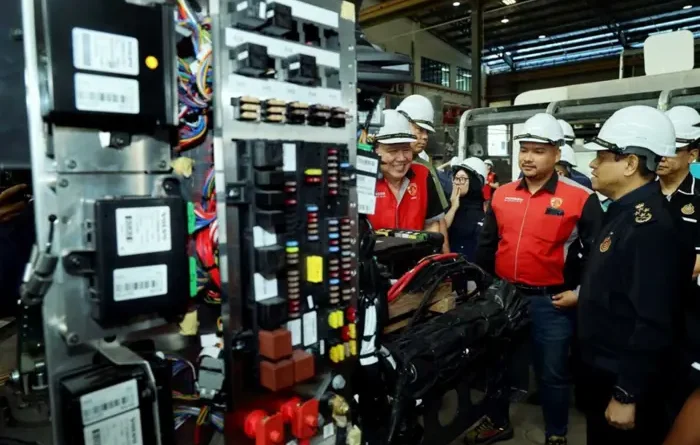
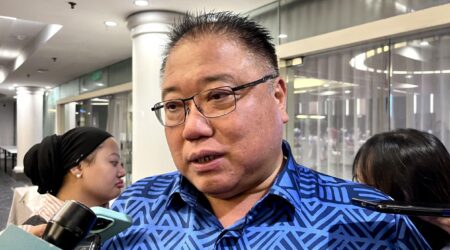
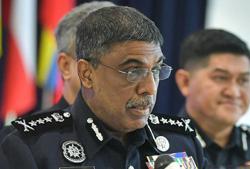
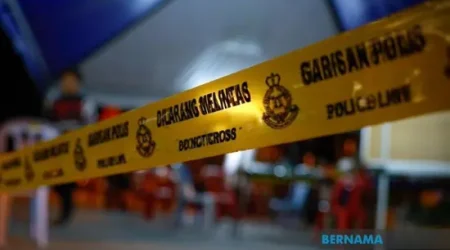





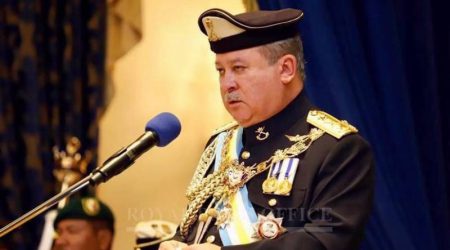
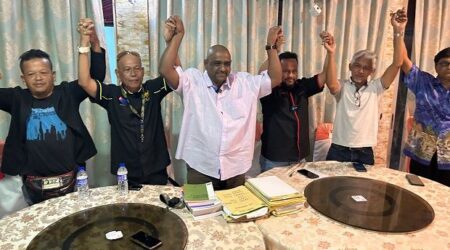
Leave a Reply